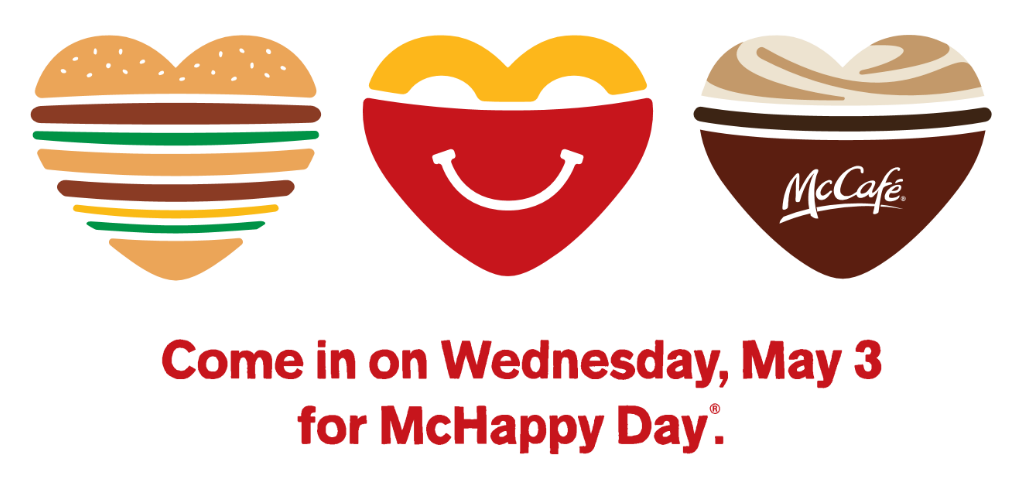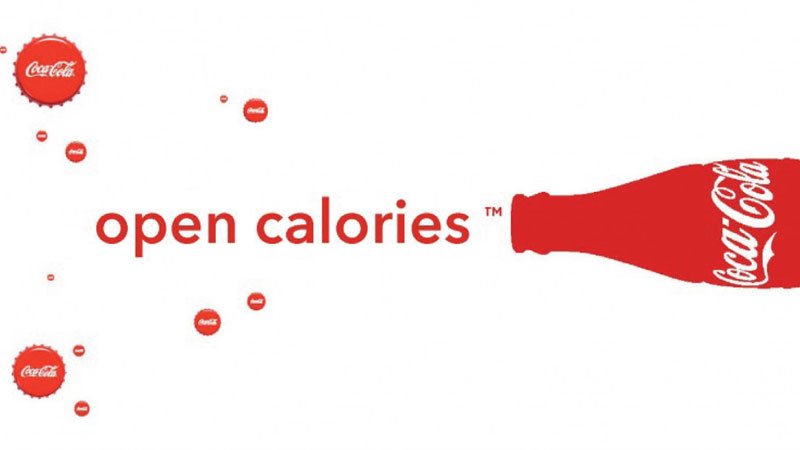You may have heard of products which aren’t branded, but have you heard of days which are the same? There are certain calendar days which are branded in a certain way such that the market profits out of it. We now have days like Junk Food day, Donut Day, Ice-cream Day, Horror Movie Day and many more. We do not really know how a day came to be known as ‘Father’s Day’ or ‘Friendship Day,’ do we? Valentine’s Day, for instance, was observed as a day of feast in honor of the martyred St. Valentine. He was alleged for conducting secret marriages after Emperor Claudius II outlawed marriage for young men in third century Rome. Such legends disappear with the passing away of their times. However, today more than 150 million cards are sold annually on Valentine’s Day, which is universally accepted as the day for celebrating love.
The proverbial phrase “No News is Good News” originated with King James I of England back in the early 17th century when he allegedly said that, “No news is better than evil news.”
In today’s time, 11th September is observed across the globe as the day of “No News is Good News” with the motive of shutting aside all communication channels. Every year, a day in one’s life is spent without any interaction on the internet, the morning paper or even WhatsApp for that matter. It basically stands to shun out any medium through which news can travel! Considering the everyday obsession with social media this can be easily implemented and widely accepted as well. But can the market forces let us be?

For a regular individual with the daily 9 to 5, a day passed whiling away with a book in bed or cooking his favorite dish sounds relaxing. The first thing that any does on going to office, is to switch on the computer. Automatically you find yourself staring at the Google homepage with a news information, often being tweaked into the doodle as well! Leaving office aside, when any individual wakes up from bed, the first thing he/she gazes at, whether working or non-working is their cellphone.
The idea of staying away from news, however relaxing, is unproductive to thrive in a capitalist world, even for a single day. This may be the primary reason why 11th Septembers, “No News is Good News” is not really observed. Perhaps in the industry, no news is not good news after all. When brands are trying to capitalize on every news, it is too much to ask for such a relaxing day!
How is it that we do not observe the day in the way it is meant to, like we celebrate all other occasions made global sensations like Mother’s Day and Valentine’s Day? It is because these days are moot points of reaping profits while “No News is Good News” doesn’t want us to look at the communication channels itself.
Are we addicted to news? Perhaps the world wants us to be. How else would our eyes wander on branded content if mass communication channels ceased to exist?
BBC has campaigned against ‘fake news’ and Facebook has fought against the clickbait culture. In a way, these big barons of business are critiquing their own selves. You may have seen pieces of communication in your newsfeed or even in your WhatsApp messenger starting off with “You will NEVER believe….” These may be shared by friends or promoted by advertisers on your Facebook news feed.
There are teasers everywhere on social media having headlines that are ‘click bait.’ This means that people would be lured to click without giving much information about what kind of content is included in the body. Such posts bait in the clicks. The higher the rate of being clicked and read, higher the chances that they will show up in your Facebook news feed. What happens is, these news nuggets or content pieces, unworthy of attention drown out posts from friends and pages that you might be following. Facebook as a responsible brand is encouraging people to report abuse such posts and is campaigning against it. This makes it clear that Facebook values its consumers and makes them a priority. Why is that other brands don’t follow such similar practices?


Capital is not simply financial capital; it also refers to cultural capital. It is the trust of the people you can gain through the brand promise you deliver. Last year on November 10th in Argentina, McDonald’s and Burger King both put their competitive natures aside for a noble cause. McDonald’s observed Mc Happy Day as a charitable one, donating all profits made in the day to help children fight cancer. What was astounding was that Burger King pushed away profit making motives for the day, not selling their much-demanded Whopper burger. They indirectly advertised, pushing customers to go to McDonald’s to help them increase their profits for charity. Calling it a ‘A Day Without Whopper,’ BK advertised effectively against their immediate competitive nature.

Coca Cola also advertised literally against their own products in 2013, claiming to be one of the reasons behind America’s high rates of obesity.
Perhaps a smart way of supporting and branding 11th September as “No News is Good News” without losing out much yet enhancing the brand image, will be to simply advertise heavily a week prior about the bliss of a day when nothing bothers you and tries to get your attention, not even brand communication. Maybe yoga camps or reading circles can be arranged by that brand where no advertisement of the brand is displayed, and the brand just does a good deed without trying to bombard you with any information whatsoever. This way, the brand can really stand out and add a relaxing day off in people’s lives.
References
- Kyle O’Brien, The Drum: Burger King embraces McDonald’s charity in ‘Day Without Whopper’ in Argentina; December, 2017
- The History channel website: HISTORY OF VALENTINE’S DAY; 2009
- Jiaxi Lu, The Washington Post: What is ‘click bait’ and why Facebook wants to display less of it; August, 2014
- The Honest Coca Cola Obesity Commercial; January, 2013



